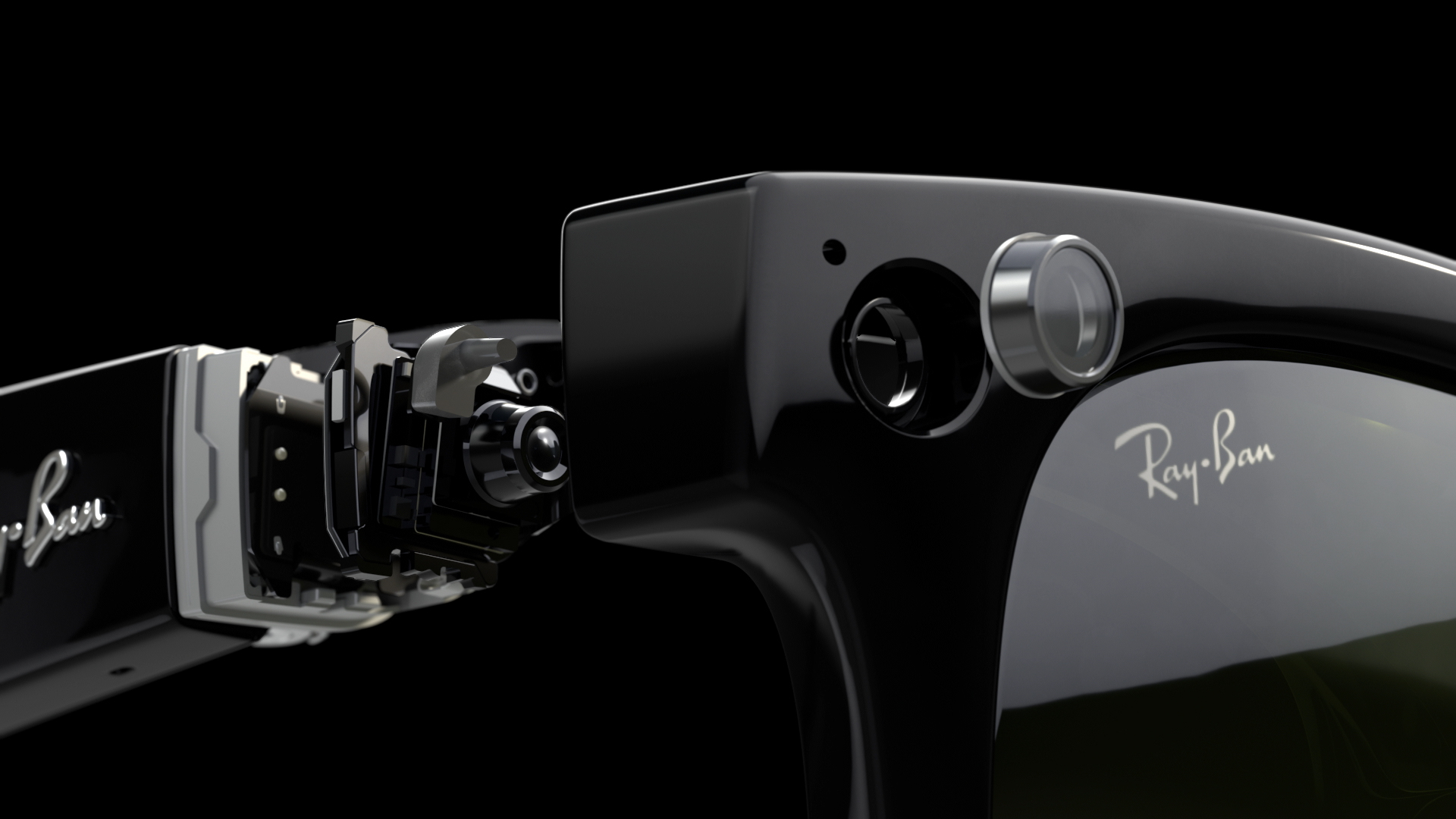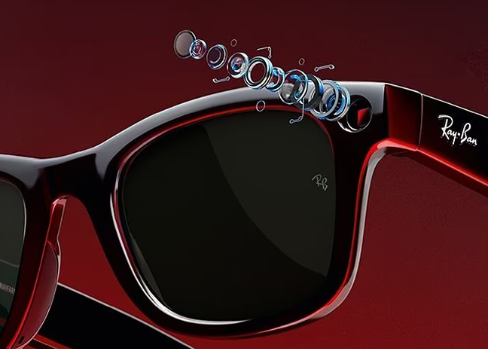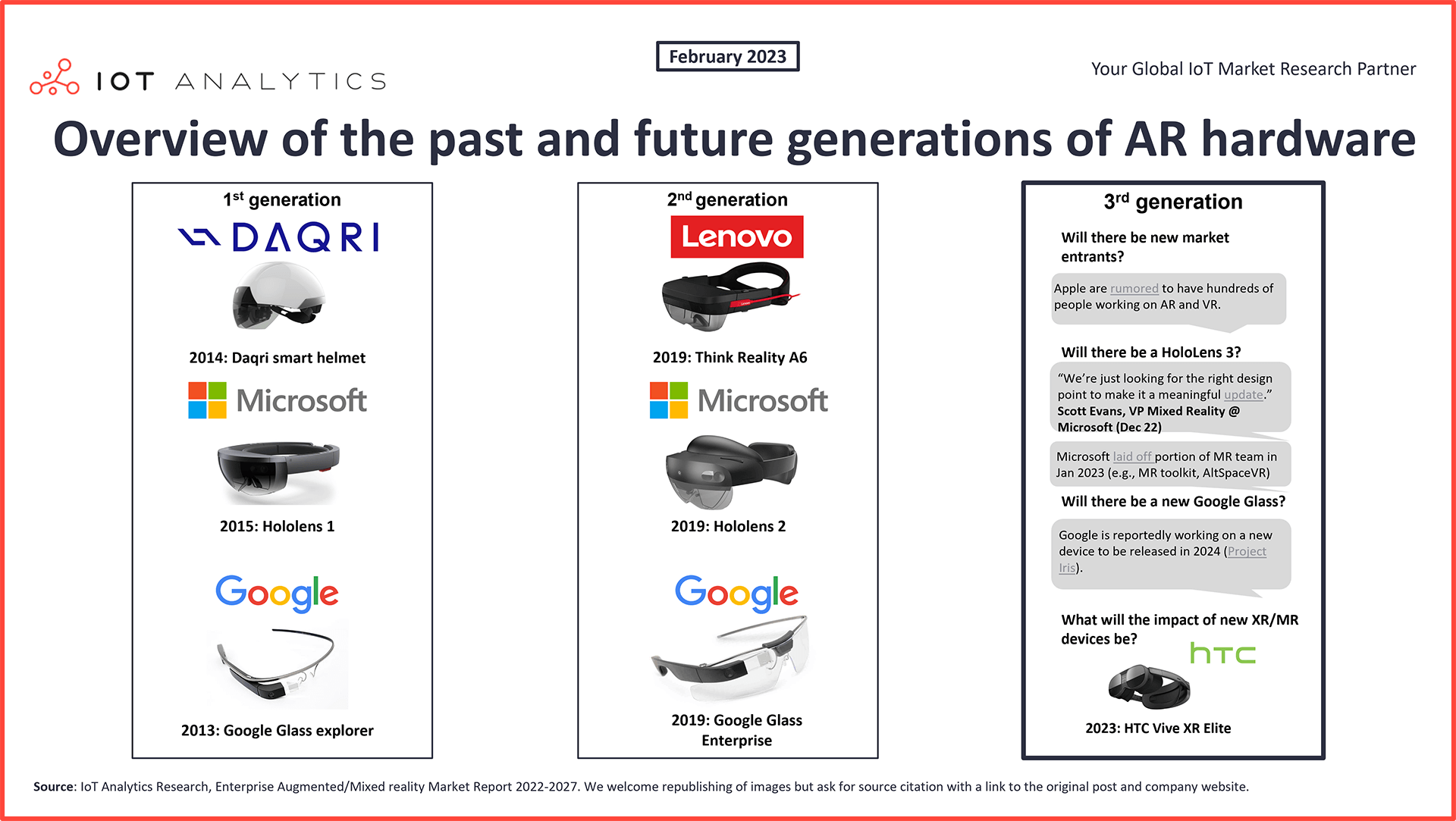Meta's AR Smart Glasses Combats "Anti-Social" Media, Say ...
The Meta CEO continues to platform the benefits of smart glasses in a recent interview. In the build-up to Meta Connect 2024, company CEO Mark Zuckerberg is continuing his event and news outlet speaking tour in a bid to boost the firm's presence as the global leader in XR solutions after Apple's splash.
Zuckerberg criticized the isolating elements of phone screens and social media applications, calling this computer interaction "anti-social," with the criticism turning out to be a core reason why the CEO believes smart glasses are the future. Zuckerberg said: "When you're building social apps, it's kind of this weird thing that you primarily are delivering through this tiny little screen that people carry around. It's like a really, in some ways, anti-social form factor. It's part of the reason why I care so much about glasses. It's just such a more natural thing."

Advancement of Mobile Computing
The comments make sense as smart glasses are commonly seen as an advancement of mobile computing, moving from the hand to the eye. A notable example is the Vision Pro, which leverages pinch-and-pull inputs similar to those of a touchscreen smartphone.

Moreover, via its Ray-Ban hardware partnership, Meta is launching some of its social media umbrellas like WhatsApp and Messenger as AR-lite services on the device. Thanks to voice input technology, this integration allows users to interact with the service hands-free.
Market Shift towards AR and MR Wearables
Zuckerberg's smart glasses drive comes as the market shifts away from VR headsets in favor of AR and MR wearables. ResearchAndMarkets released its "Smart Augmented Reality Glasses—Global Strategic Business Report," which focuses on the growth rates of smart glasses, the potential opportunities for enterprises, and how smart glasses could potentially replace VR headsets.
According to the report, the global market for smart glasses reached approximately 678,600 units in 2023. Furthermore, ResearchAndMarkets predicts that the market will experience substantial growth, reaching 13 million units by 2030, with a compound annual growth rate (CAGR) of 53.0 percent from 2023 to 2030.

In addition, IDC recently reported a significant decrease in global AR/VR headset shipments during the first quarter of 2024, with shipments declining by 67.4 percent year over year in Q1, particularly affecting VR headsets. Potential customers seem to be shifting their focus towards MR/AR devices instead.
Success of Ray-Ban Meta Smart Glasses
The latest Ray-Ban Meta smart glasses have seen improved sales since their release in October last year. They have surpassed the previous generation by adding Meta AI technology, which provides users with information about the objects they see and other technical enhancements.
Ray-Ban's first generation of smart glasses, 'Ray-Ban Stories', introduced in 2021, did not gain as much popularity as expected. Francesco Milleri, CEO of EssilorLuxottica, Ray-Ban's parent company, explained that the first generation laid the foundation for the new generation's success. Sales began to take off only after the launch of Ray-Ban Meta smart glasses just over nine months ago.
Future XR Hardware Ambitions
Meta Connect 2024 is next month, and alongside keynotes on the firm's XR product and service portfolio, Meta will announce a cheaper Quest 3 model. Moreover, with the firm's recent focus and success with smart glasses, the rising technology may take part of the stage.
NVIDIA CEO Jensen Huang and Meta CEO Mark Zuckerberg discussed Meta's future XR hardware ambitions and the integration of AI technology in a keynote address at SIGGRAPH. Zuckerberg highlighted that Meta's use of AI, LLMs, and XR enables the company to create an open ecosystem, giving it a unique edge in XR investments.
With competitors like Samsung also showing interest in the XR space, such companies bring established device ecosystems that could enhance Meta's new devices. Zuckerberg doesn't believe that XR devices will completely replace traditional devices like smartphones or laptops. When discussing future-leading XR devices, Zuckerberg mentioned: "When we think about the next computing platform, we break it down into mixed reality, the headsets, and the smart glasses."











